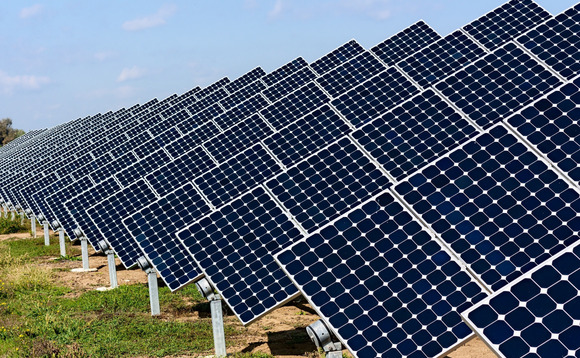
In the past few years, India has emerged as one of the fastest growing economies in the world, resulting in a rapid increase in modern ways of energy consumption. Energy consumption and conservation are factors that indicate economic efficiency of a country. With the growing need for energy, India has to follow an energy-efficient pathway to achieve national goals. Due to the effects of global climate change, India has and will face difficulties with rising use of energy. The evolution of government policies and initiatives have had a great impact on the mindset of people, encouraging several NGOs and many such significant groups to formulate plans to conserve energy in co-operation with the local people. The results indicate that India has achieved substantial reduction in the quantum of energy use.
Just as with every substance on Earth, energy sources too can be classified into ‘Natural’ and ‘Artificial’ or ‘Manmade’. Natural energy is obtained from Nature’s resources which are estimated to get exhausted within this decade. On the other hand, artificial energy is something that is prepared by man. This too has further classifications of which the major ones are: Renewable and Non-Renewable resources. Renewable resources, as the name suggests, can be renewed or obtained again, while non-renewable resources, once used cannot be obtained again. The modern world requires a massive amount of energy, whether natural or man-made, and this has proved disastrous for Earth’s health. Also, the overuse of non-renewable resources has led to the scarcity of many fuels such as coal, petroleum, natural gas and kerosene which are crucial for our survival. So, these need to be conserved and used wisely. Some renewable resources, including: solar, wind, nuclear, geothermal, hydro, bio and atomic energy, are ever-lasting. To conserve the ones that are likely to vanish, the government has propagated the need to use more of renewable energies. So, over 2 million solar panels and solar lamps have been distributed to the rural poor who have never had access to electricity and been dependent on solid fuels throughout. Windmills have been set up on the outskirts of different cities across the country to generate cheap electricity for domestic and agricultural use. Biogas has also proved to be efficient to meet the needs of India’s rural population. Since 70 per cent of India’s population resides in rural areas, development of these areas will help in the economic development of the country and spread awareness of conservation at the grass-root level.
Left unsaid are the challenges that India has to face in order to attain the status of a ‘Developed’ nation and provide its citizens a ‘Complete India’. A country does not consist of the government and people alone, it consists of its citizens and a government. It’s the citizens that make up a country. So for us to be promoted from just ‘people’ to ‘citizens’ and India from just ‘India’ to ‘Developed India’, it’s we who have to understand the importance of conservation and contribute to the progress of not just our own country but also our world. To improve the rural and urban energy distribution structure, to extend the national power grid across the entire sub-continent, to fulfil the wants of the needy, to conserve precious energy for further use, to recycle and reuse recyclable energy, to spread the use of clean fuels that do not pollute the environment — these are some of the challenges that India has to face. Now, the question is, will India be able to successfully overcome all the challenges and achieve a breakthrough or will India fail?
To overcome these challenges, we, the citizens, have to be united and determined to reduce the use of exhaustible energy resources and maximise the use of lasting ones. The Government of India has directed every household to install rooftop solar panels to produce and use cheaper and more efficient energy and contribute to the global conservation process. We must understand the importance of fuels that are on the verge of complete depletion, if not, exhausting our scarce resources will retard India’s progress and worsen conditions on Earth. So, the conservation message needs to percolate to the masses. Many people across the world have a pre-conceived notion that atomic energy is meant for destruction whereas it can give us so much more. Atomic energy can fulfil every need, be it industrial or domestic, financial or commercial, provide clean energy, ensure development and a lot more.
So let’s join hands and make our world modern in the truest sense, but also keeping in mind that we leave behind a world that can be celebrated and cherished by future generations, because they deserve better.
Source: The Hindu

Leave a Reply